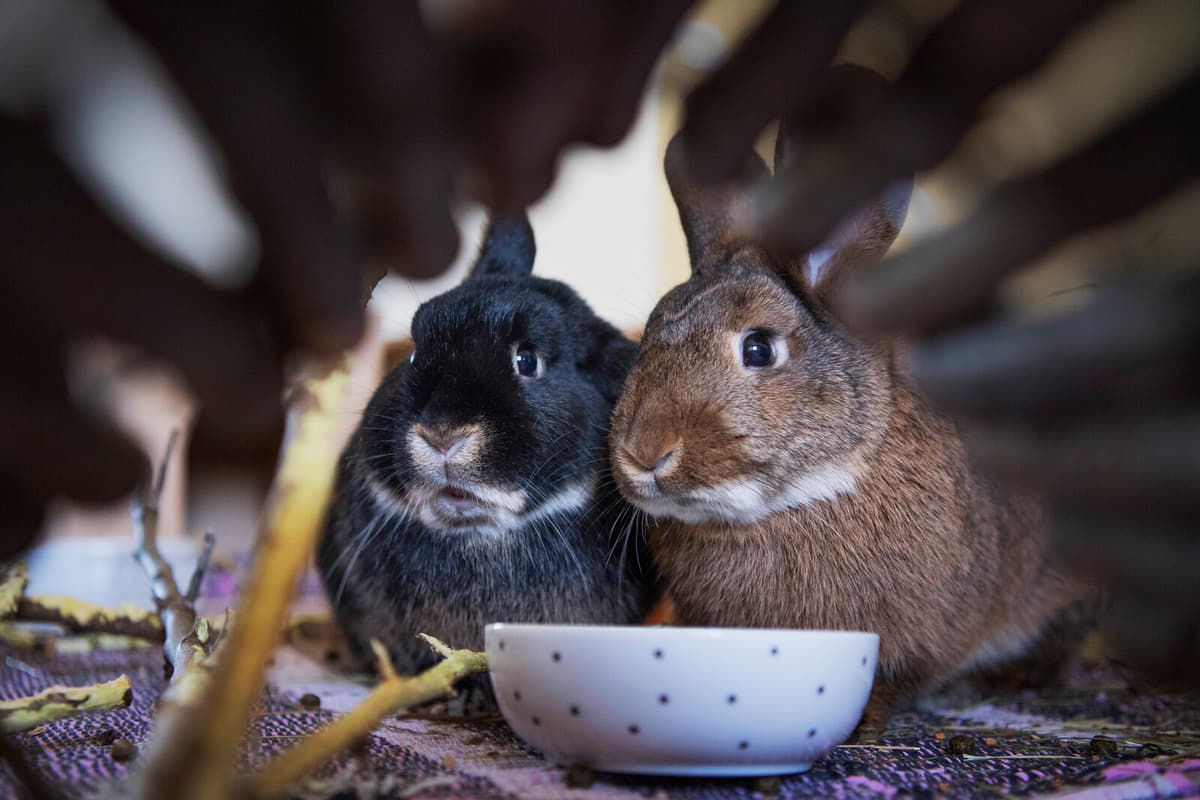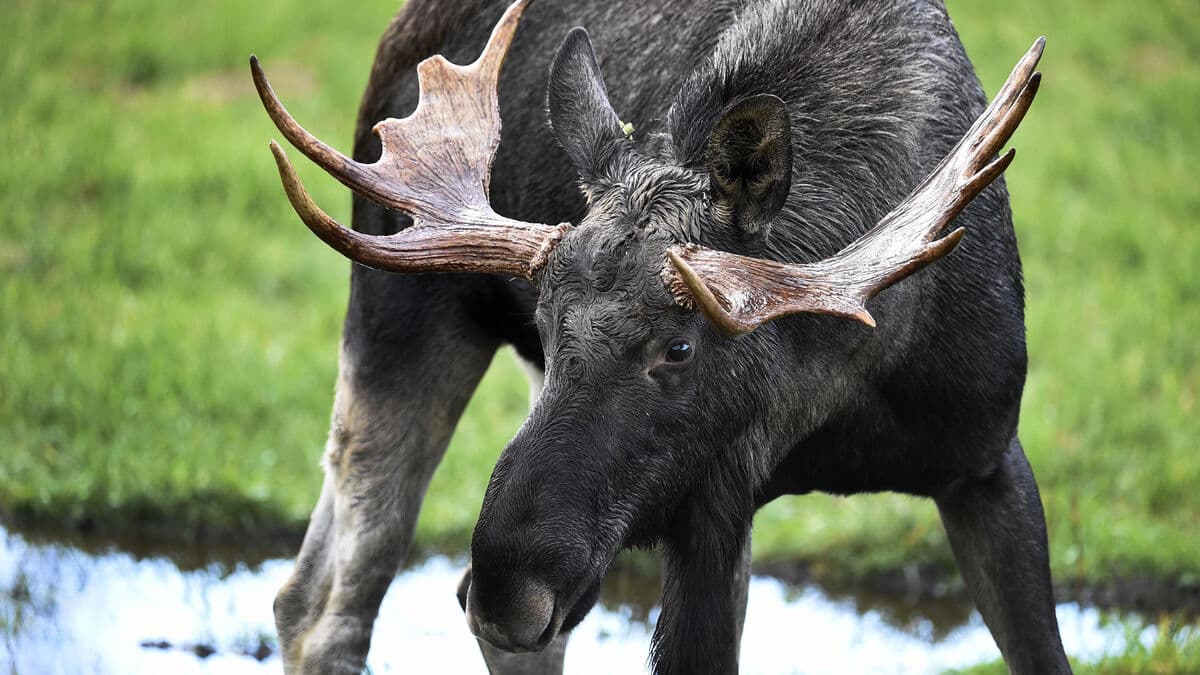When Brandy and Tiffany came to their foster home, they were in poor condition and had to be treated for internal parasites. Now they will soon be moving on to their "forever home".
They are two of the rabbits that have been taken into care and have found a new home through Small Animal Chance. But neglected rabbits and other small animals can be difficult to detect and are not reported as often as dogs and cats.
When a report of small animals being mistreated comes to the county administrative board, it is often a relative or another person close to the animal collector who has sounded the alarm.
Breeder Reported
It also happens that breeders are reported by people who have bought animals from them. Therese Bergman thinks that you can be vigilant if the breeder does not want you to come to them and instead wants to meet at, for example, a parking lot.
A big warning flag is if you don't get to see how the animals live. A serious breeder wants you to see the animal in its home environment.
One reason why fewer small animals are taken into care is also that they have a different status than cats and dogs.
It's harder to get engagement for the animals we work with. Rabbits are the third most common pet in Sweden, but the view of rabbits is that you put them in a cage and then they just sit there.
They somehow don't have the same value as a cat or dog, and that makes neglect normalized.
Small Animal Chance receives between 400 and 500 animals per year. Of these, 200-300 are rabbits, and often they receive many at once.
In some cases, we don't have time to prepare at all. In the largest neglect case we've had, the rabbits had bred freely. We had been told that there were nine rabbits, but we took care of 85.
Poor Condition
The animals they receive are often in poor condition, they can be malnourished and have problems with internal and external parasites. They can also have developed behaviors that follow them for life.
If, for example, they haven't had free access to water, they can throw themselves over the water bowl every time you fill it up – even though it's never empty. In their brain, it's maybe the only time they get to drink in several days.
Other behaviors are overeating or gnawing on bars even though they live in a large space or are allowed to roam free.
But most of them still become good companion animals. Some will never like being handled, but can still learn to appreciate being close to humans.






